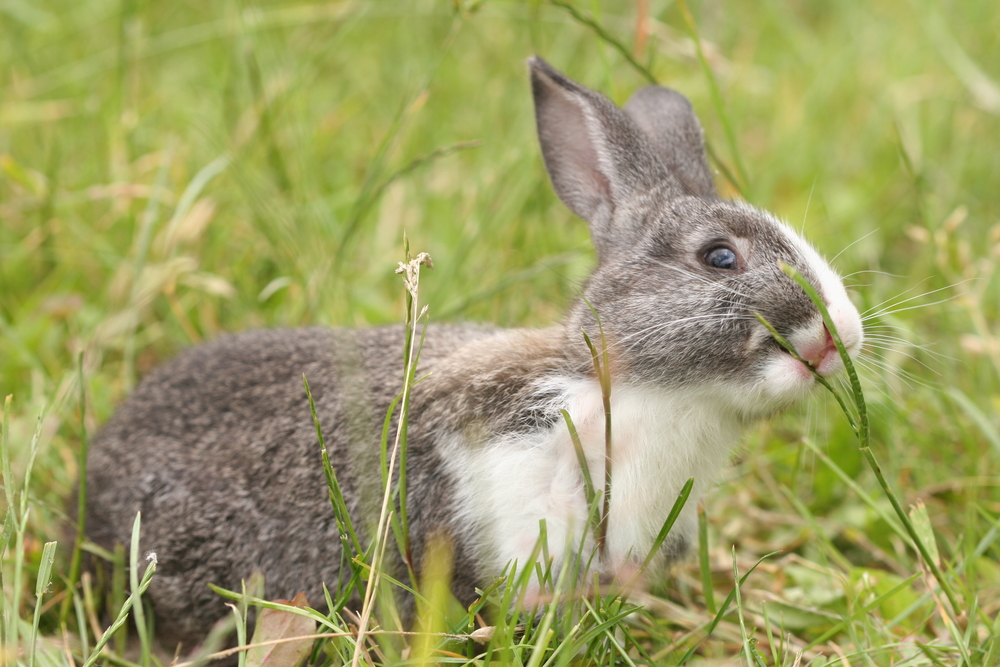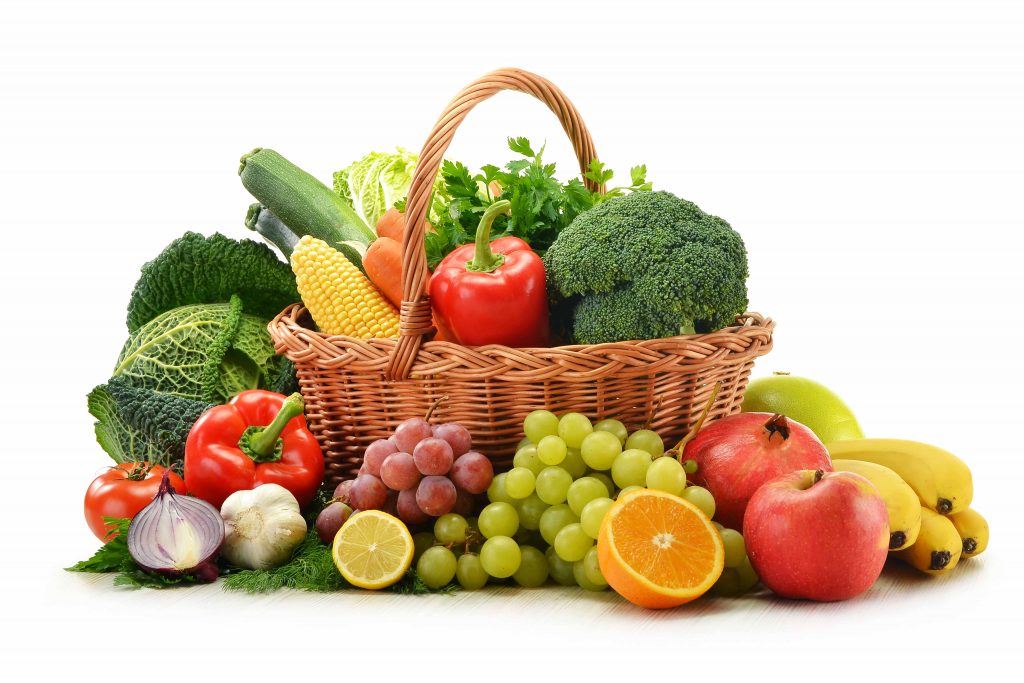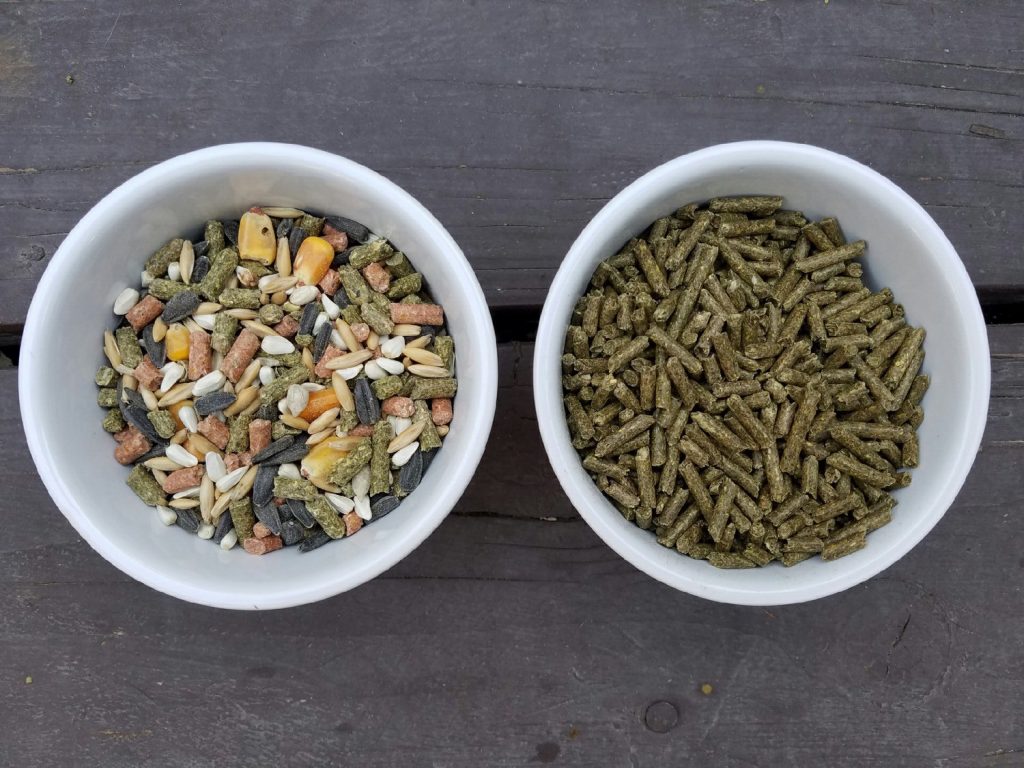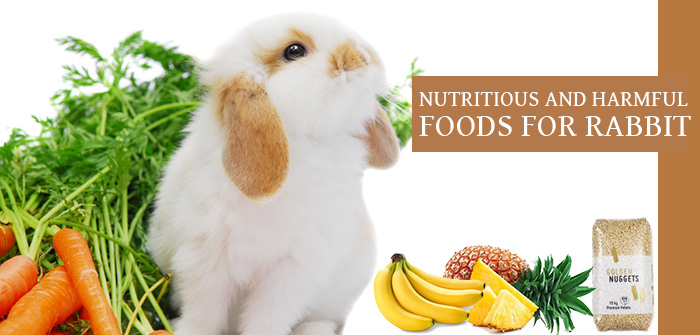Nutritious And Harmful Foods For Rabbit
Rabbits are herbivores and the majority portion of their diet comprises grasses, green leafy vegetables, fruits, twigs, barks, and hay. They never seem to end grazing and gnawing on their favorite foods. Wild rabbits are more accustomed to eating the food of their choice and getting enough exercise while searching for it; however, pet rabbits don’t have that liberty. They are dependent on their human companions for getting the meals. Therefore, we must be aware of which foods are nutritious to rabbits and which ones can upset their digestive system.
Moreover, there are many foods that must not be fed to this small animal at all as they can prove really dangerous for his health. Other than that you must always remember – complete nutrition is only achieved when there is a combination of different foods. You cannot provide all the nutrition from one food. So, let’s have a rundown on the small animal food that you can feed your bunnies and the varieties that can be very harmful so you get a fair idea about what to feed and what not to.
Foods That Are Nutritious
To Rabbits
Grass Hay

Grass hay is like a superfood for rabbits. It contains all their nutritional requirements like calcium, proteins, vitamins (A and D), and many other nutrients and minerals in small traces. Hay also has a tremendous amount of fiber which is very good for rabbits’ gastrointestinal health.
This fiber helps in eliminating hairballs from the digestive system and is also very effective in shedding incessantly growing rabbit teeth.
However, avoid using Alfalfa Hay as they are overloaded with calories and have high protein content which can lead to weight gain in rabbits instead use Timothy Hay for small animals they are rich in nutrients and have also received positive feedback from pet parents.
Fresh Vegetables And Fruits

Fresh vegetables are filled with plentiful nutrients and are very good for rabbits’ health. The most common ones that must be served fresh include peas, fenugreek, cucumber, green beans, cauliflower, coriander, mint, and basil. However, try to avoid feeding spinach, parsley, and mustard greens in high quantity as they are loaded with oxalic acid which can lead to kidney damage, skin, and mouth-tingling, etc.
Even with cauliflower, cabbage, iceberg lettuce, broccoli, and radish greens, do not go overboard. They can cause serious gastric issues.
Carrots, bananas, and pineapples are also good for rabbits but must again be given in very small amounts as they are loaded with sugar. In fact, any food item that contains a high amount of sugar and starch must be fed in very low quantity or rather not be fed at all as it can lead to weight gain in rabbits.
Apples, mango, melon, papaya, and pear are safe in minimal amounts; however, they all must be pitted and peeled. Only the fleshy portion must be fed.If you are thinking you can feed cherries then it’s a Big No! Cherries must be strictly avoided as the plant and its seeds contain cyanide. If at all you like to feed them to your pet, remove the peel and only give the flesh.
Pellets And Nuggets

These packaged foods are loaded with nutrients and are specially formulated for rabbits and small animals. You can, therefore, give them to your pet bunny without being skeptical about their safety. They won’t cause any harm, however, maintain portion control. Everything in the limit is good. If you are unsure how much quantity would be enough, consult with your vet before feeding your rabbit.
For all bunny owners, it is necessary to keep a check on their pet’s poop. Any digression from normality must be checked and reported to the vet immediately. Pets are sensitive to various ingredients in foods, and unlike humans cannot speak about it. Therefore, pet parents must always be aware of what is going on with their pet kid. It will make you a responsible owner and good knowledge will also help you keep the bunny fit as a fiddle.


